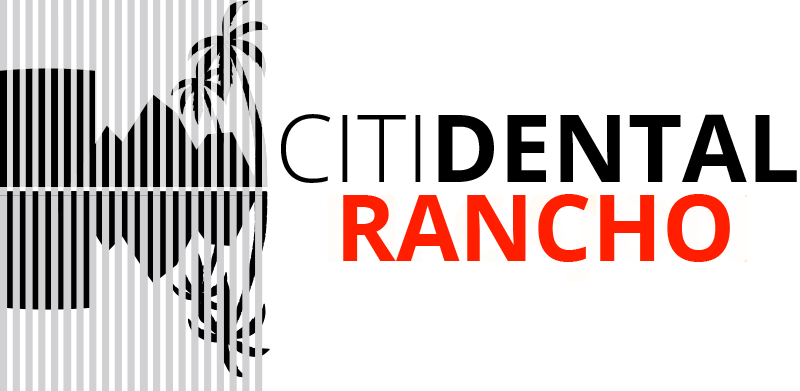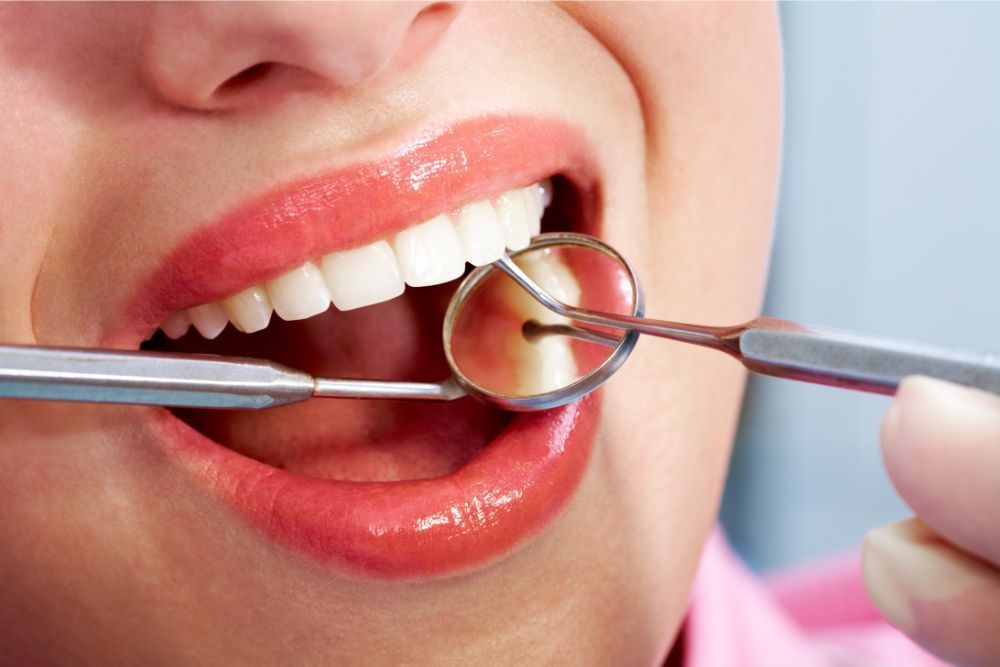Habits that can Negatively Affect Your Dental Health
- By CITIDental Rancho
- •
- 13 Jun, 2023
- •

Maintaining good dental health is crucial for overall well-being. While regular brushing, flossing, and dental check-ups are essential, it's equally important to be aware of negative habits that can impact the health of your teeth and gums. In this article, we will explore five common habits that can have a detrimental effect on your dental health.
Nail Biting
Nail biting is a common habit that often stems from stress or nervousness. However, it can wreak havoc on your teeth and oral health. Constantly biting your nails can cause chips, cracks, and wear on your teeth. It can also lead to jaw problems, such as temporomandibular joint disorder (TMJ). Moreover, the bacteria present under your nails can easily transfer to your mouth, increasing the risk of infections.
Teeth Grinding (Bruxism)
Teeth grinding, also known as bruxism, is a habit that involves clenching or grinding your teeth, often unconsciously, during the day or while sleeping. Bruxism can lead to tooth enamel erosion, tooth sensitivity, jaw pain, and even tooth fractures. If you suspect you grind your teeth, consult your dentist, who can recommend a custom mouthguard to protect your teeth.
Smoking and Tobacco Use
Smoking and using tobacco products have long been associated with numerous health issues, and dental problems are no exception. Tobacco use stains teeth, causes bad breath, and increases the risk of gum disease and oral cancer. Additionally, smoking can impair blood flow to the gums, hindering the healing process and making it more difficult to treat gum disease effectively.
Excessive Consumption of Sugary and Acidic Foods
A diet high in sugary and acidic foods and beverages can lead to dental decay and erosion. Bacteria in the mouth thrive on sugar, producing acid that attacks tooth enamel. Over time, this can result in cavities and tooth decay. Acidic foods and drinks, such as citrus fruits and sodas, can erode tooth enamel, making the teeth more vulnerable to decay. It's important to limit the consumption of these harmful substances and practice good oral hygiene.
Improper Brushing and Flossing Techniques
While brushing and flossing are essential for oral health, improper techniques can do more harm than good. Brushing too aggressively or using a toothbrush with hard bristles can damage the enamel and irritate the gums. Flossing too roughly can cause gum bleeding and irritation. It's important to use a soft-bristled toothbrush, a gentle brushing technique, and floss with care to maintain optimal oral health.
To maintain a healthy smile, it's crucial to be aware of and avoid negative habits that can harm your dental health. By breaking these habits and adopting good oral hygiene practices, such as regular brushing, flossing, and dental check-ups, you can protect your teeth and gums, ensuring a lifetime of healthy smiles. Remember, if you have any concerns about your dental health, reach out to the El Cajon dentists at CITIDental Rancho, who are dedicated to providing comprehensive dental care for you and your family.




